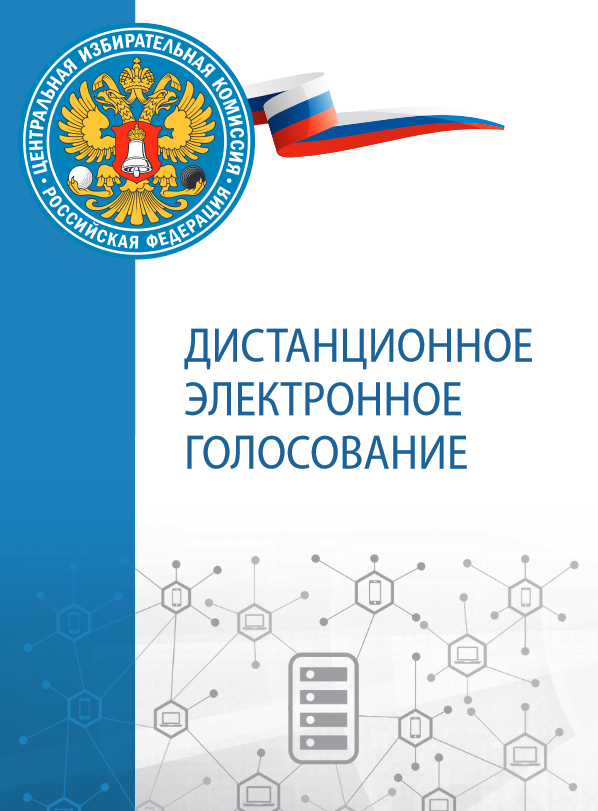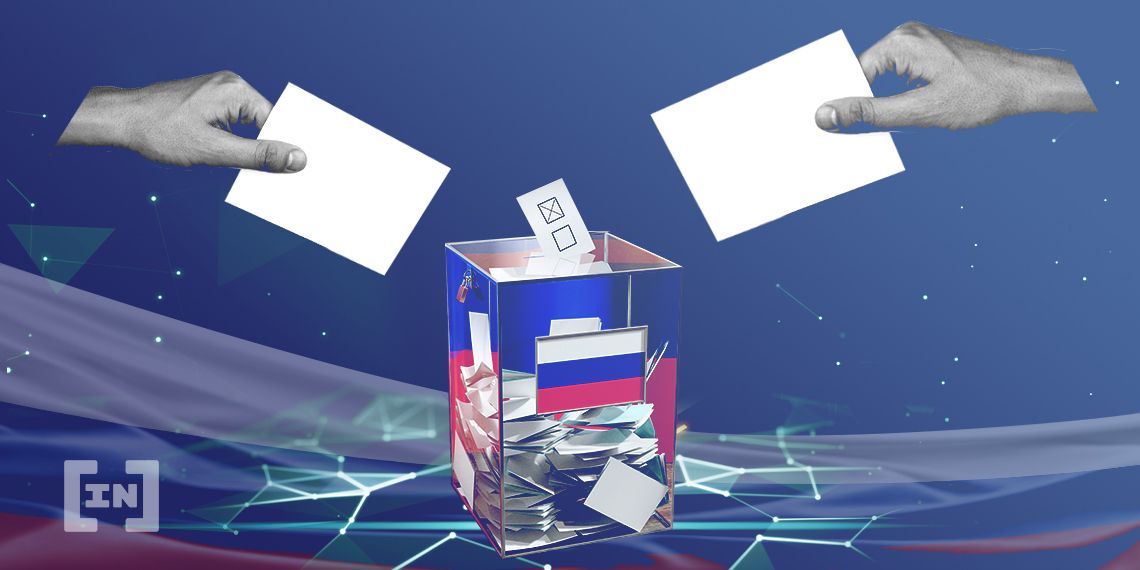A Russian telecommunications company has tested an electronic remote voting system with blockchain technology that voters will be able to use in the country’s September elections.
With COVID-19 keeping people at home, mobile voting seems more important than ever. Russia has taken steps to make that a reality by using the security of blockchain technology to test an electronic voting system.
According to Russia’s Central Election Commission, over 30,000 people took part in the experiment. Volunteers completed the entire election process electronically, including everything from registering to counting votes.

Russia Explores Blockchain Voting
Rostelecom, a Russian telecommunications giant, ran the study in conjunction with the Ministry of Digital Development. Rostelecom developed the technology with the help of the Waves Enterprise. The encrypted votes, officials said, were counted in less than one minute. The process also included identity verification. For this, the technology interfaced with a government portal. The Central Election Commission said that it encountered no difficulties. Likewise, Rostelecom Vice President Dmitry Repnikov said,The testing was completed with out any interruptions or problems with service or function. Even during peak use, we saw no issues.On the other hand, engineers did use the tests to preempt possible problems. They considered anomalies on different devices, operating systems, browsers, and monitor sizes. Testers also gave Rostelecom and the Ministry of Digital Development feedback on how to improve the experience from the users’ end.

Onward to Election Day
Given the success in the first rounds of testing, it seems that more experiments are on the way. The next step is a public test on Aug 31. This will include a larger number of people from the Yaroslavl and Kursk provinces. The actual elections will take place on Sept 13. The security and immutability of using blockchain technology can keep voters and vote counters honest. The world first became aware that Russia would test such a system in July. The experiment is part of the national government’s “Digital Economy” initiative.
Disclaimer
In adherence to the Trust Project guidelines, BeInCrypto is committed to unbiased, transparent reporting. This news article aims to provide accurate, timely information. However, readers are advised to verify facts independently and consult with a professional before making any decisions based on this content. Please note that our Terms and Conditions, Privacy Policy, and Disclaimers have been updated.
Harry Leeds
Harry Leeds is a writer, editor, and journalist who spent much time in the former USSR covering food, cryptocurrencies, and healthcare. He also translates poetry and edits the literary magazine mumbermag.me.
Harry Leeds is a writer, editor, and journalist who spent much time in the former USSR covering food, cryptocurrencies, and healthcare. He also translates poetry and edits the literary magazine mumbermag.me.
READ FULL BIO
Sponsored
Sponsored

